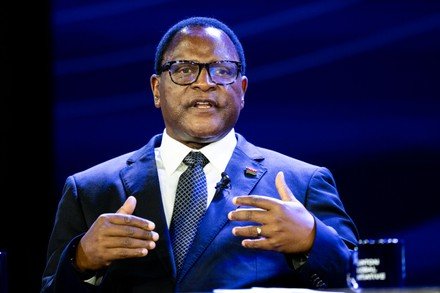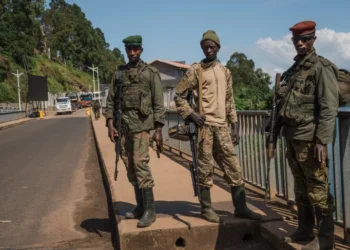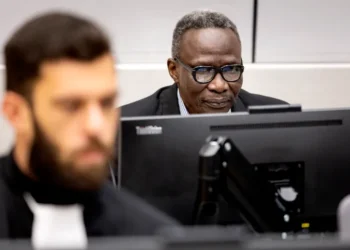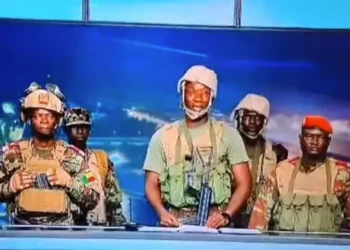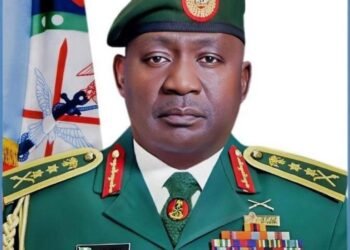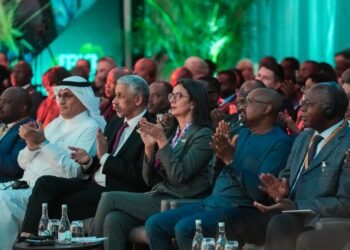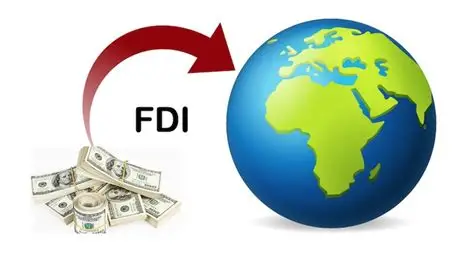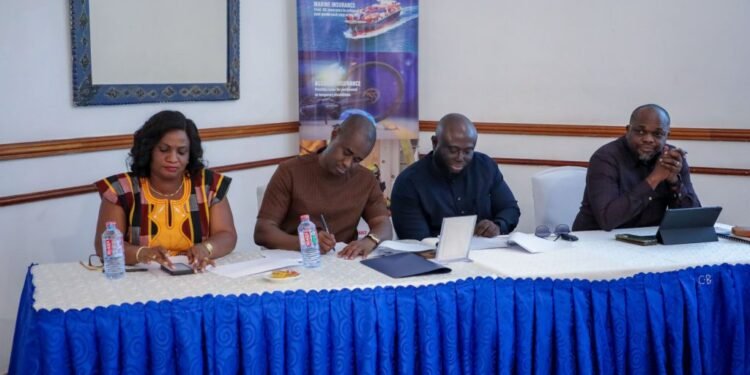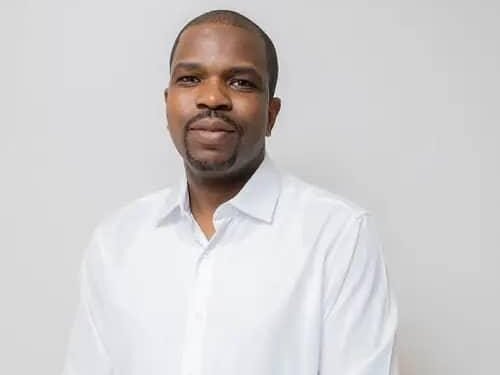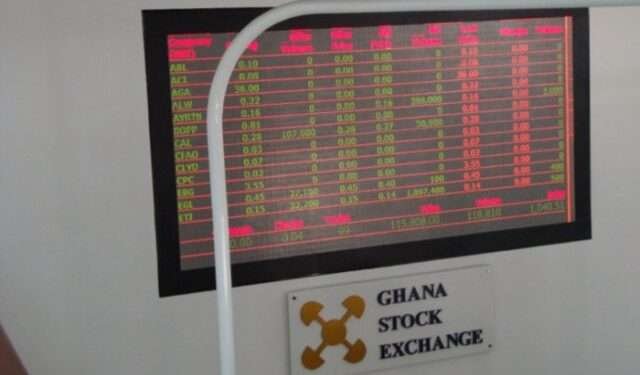President Lazarus Chakwera has conceded defeat in Malawi’s general election, acknowledging former leader Peter Mutharika as the “presumptive winner” of the tightly contested vote that took place last week.
In an address to Malawians on Wednesday, Chakwera confirmed that he had spoken directly with Mutharika to extend his congratulations.
“This outcome is a reflection of your collective will to have a change of government, and so it is only right that I concede defeat out of respect for your will as citizens and out of respect for the constitution.”
President Lazarus Chakwera
His concession came just hours before the Malawi Electoral Commission was due to release the final official results later in the day.
Mutharika previously served as president of Malawi from 2014 until 2020. His return to power now marks an extraordinary turn in fortunes after his controversial exit five years ago. According to provisional tallies from two-thirds of the country’s districts, Mutharika had secured around 66% of the vote.
This election was Malawi’s first national vote since the chaotic 2019 contest that was marred by irregularities, including evidence of altered tally sheets using correction fluid. The Constitutional Court nullified that outcome, ordering a rerun in 2020 in which Chakwera defeated Mutharika to become president.
At the time, his victory was met with jubilant street celebrations across Malawi. But over the past five years, Chakwera’s popularity sharply declined as the country endured economic turmoil, persistent inflation, and shortages of basic goods.
Today, Malawi’s 21 million citizens face soaring food and fuel prices, with poverty deepening in one of the world’s most economically fragile nations. Many voters felt disillusioned with Chakwera’s administration and were looking for change, even if it meant returning to a leader they had once rejected.
Mutharika capitalized on this discontent, campaigning on promises to stabilize the economy and restore what he described as experienced leadership. His message resonated with a population battered by hardship and frustrated by unmet expectations.

A Contest Shaped By Past Electoral Turmoil
This election was essentially a rematch between Chakwera of the Malawi Congress Party and Mutharika of the Democratic Progressive Party. However, enthusiasm among voters was muted, with some describing the choice as a “choiceless problem” between two unpopular options.
While the voting process was generally peaceful, the opposition raised objections to the biometric voting system, questioning its reliability and casting doubts about the overall transparency of the process.
Despite these challenges, electoral authorities proceeded, and early tallies suggested that Malawi’s democratic institutions had weathered another critical test. Voter turnout, however, was lower compared to registration numbers, underscoring the broader climate of public disengagement amid economic distress.
Mutharika’s personal and family legacy also shaped the race. His late brother, Bingu wa Mutharika, served as Malawi’s president from 2004 until his sudden death in office in 2012. This political lineage continues to cast a long shadow over the country’s governance, reflecting both continuity and controversy.
As Malawi awaits the official confirmation of results, Chakwera’s concession speech has eased immediate tensions by removing the possibility of a prolonged dispute. The tone of respect for the constitution and recognition of the electorate’s will stood in contrast to earlier episodes of electoral crisis.
The nation now prepares for a transition back to the leadership of Peter Mutharika, who at 85 will once again hold the presidency. For many Malawians, the pressing question is whether his administration can address the deep economic challenges that have eroded public trust and stability.
READ ALSO: National Chairman Aspirant Warns Disunity Could Relegate NPP Like CPP

